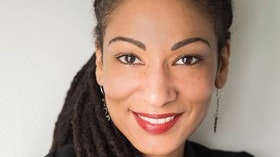Homepage
•
Learning Library
•
Blog
•
Innovation is more than creating new things
Expand breadcrumbs
Expand breadcrumbs
- Learning Library
- Blog
- Innovation is more than creating new things
- Homepage
- •
- Learning Library
- •
- Blog
- •
- Innovation is more than creating new things
Innovation is more than creating new things
By Team ISTE
June 27, 2016








